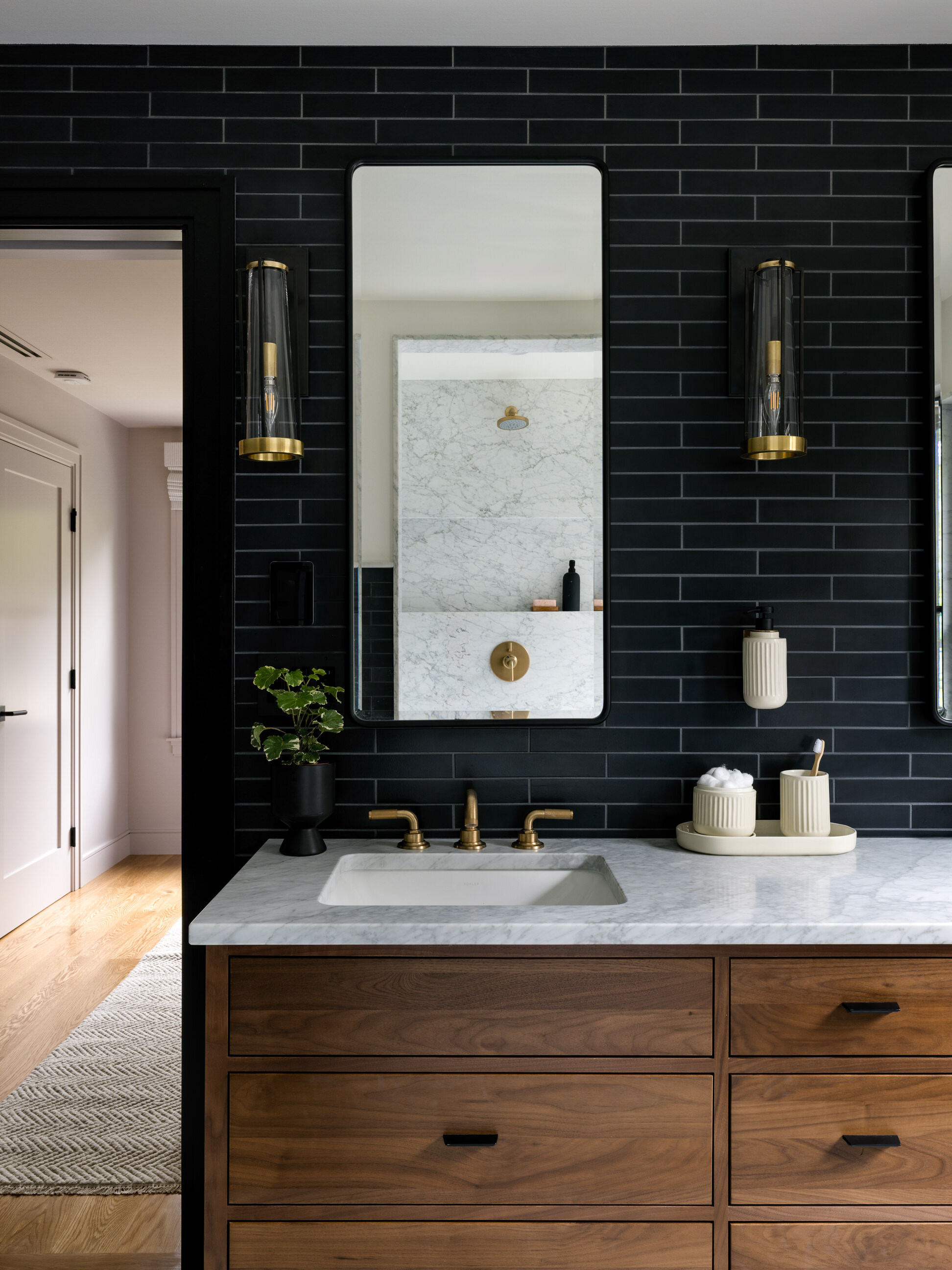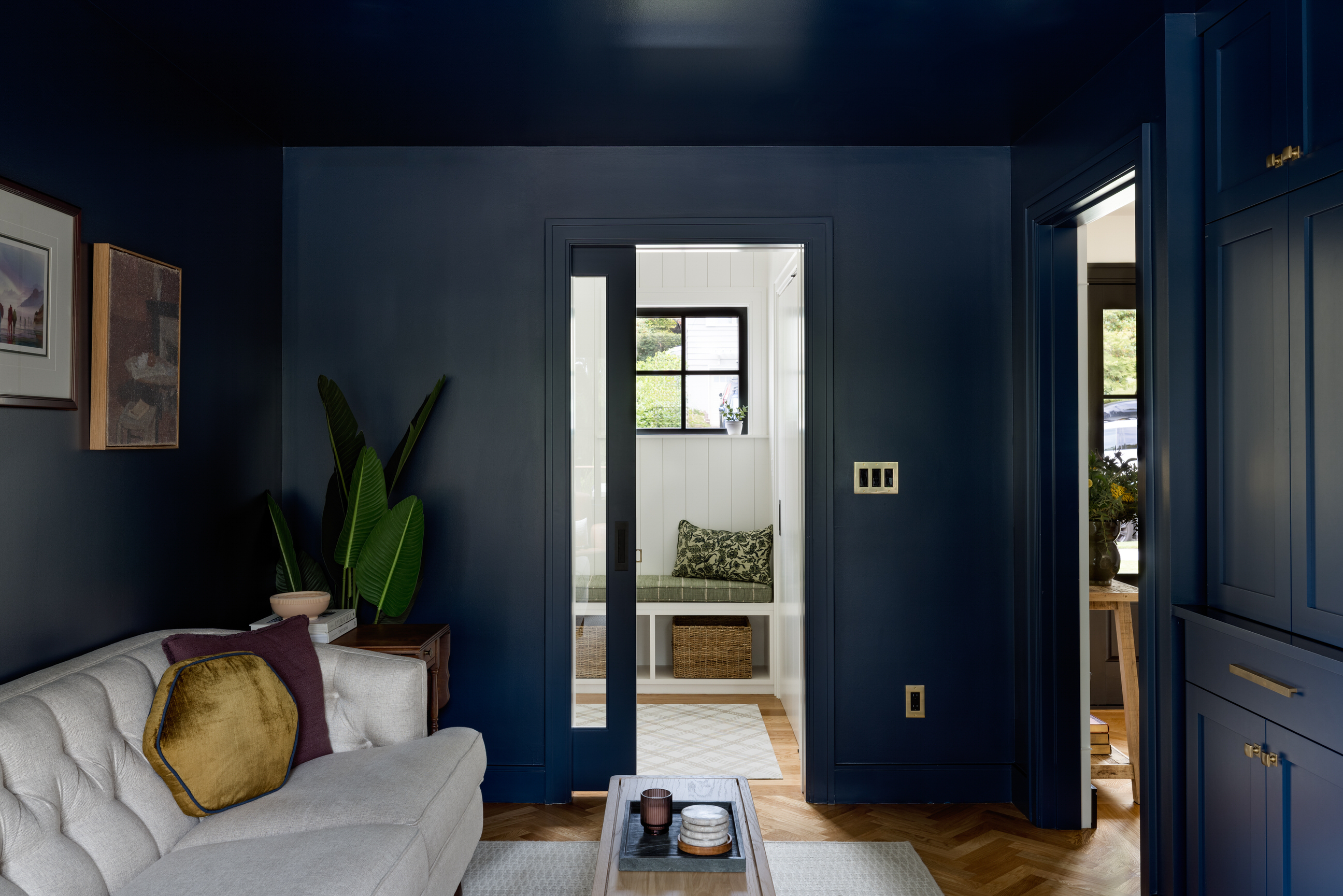Understanding the Pros and Cons of the Different Remodeling Approaches and Choosing Which One Works Best for You!
Navigating through a home remodel can be thrilling yet challenging. Whether you're a newbie to home renovations or an experienced homeowner, understanding the various remodeling methodologies is crucial. From revamping your kitchen to overhauling your bathroom, the right strategy is key for a successful project. In this blog, we'll delve into three prominent approaches: the Homeowner as General Contractor, the Architect/Designer + General Contractor combination, and the Design-Build method. Armed with this knowledge, you'll be better equipped to choose the perfect approach for your Seattle home transformation. Let's get started!
Homeowner as the General Contractor
The approach of homeowners acting as the general contractor in remodeling projects is a hands-on method that empowers homeowners to have full control over every aspect of their project. By investing their own time, homeowners can potentially save on costs by avoiding the overhead and profit of hiring a general contractor. However, it's important to note that this approach requires a significant amount of time and effort, plus knowledge of construction, permitting, and scheduling, for the project to succeed. There are potential challenges, such as steep learning curves, overlooked details, delays, and miscommunications, that need to be considered. While the potential cost savings may make this method appealing, it is crucial to evaluate whether you possess the necessary skills, time, and patience to effectively manage a remodeling project.
See also: What To Do When It's Your First Timer Remodeling.
Design-Build Approach
The Design-Build Remodeling approach is an integrated, efficient method where a single dedicated team handles both the design and construction aspects of your home renovation project. This cohesive approach significantly reduces the chances of miscommunication and unnecessary project delays, thereby fostering an environment that encourages collaboration, innovation, and efficiency. Right from the very beginning, the designer and the project manager work in perfect harmony. The designer brings their expertise in crafting beautiful and functional designs to the table, while the project manager leverages their understanding of remodeling costs to ensure the final design aligns perfectly with the homeowner's budget. This unique collaboration guarantees a harmonious blend of innovative creativity and practical cost-effectiveness, making it a highly efficient option for homeowners seeking simplicity, time savings, and peace of mind in their remodeling project.
See also: The 5 Questions You Must Ask When Selecting Your Perfect Remodeler.
Pro Tip
Kitchen & Bathroom Remodels shouldn't consist of spiraling budgets and open-ended schedules. With IHR, we'll bring your remodel dream to life without the headache from traditional contractors.
Architect/Designer + General Contractor Combination
This approach involves the homeowner hiring both an architect/designer (A/D) and a general contractor (GC) while also acting as the central point of communication between the two. The A/D takes charge of the design while the GC handles the execution. The GC also oversees the coordination of various subs to ensure prompt and efficient completion of work. This approach is costlier due to the high architect fees and is prone to build stage delays. Such delays often occur when the GC identifies necessary design changes post-plan completion, given their limited involvement in the design phase.
See also: Expert Renovation Team Answers Your FAQs; A Comprehensive Guide
Comparing the Approaches
When deciding on the best remodeling approach for your home remodel, several factors should be considered:
- Budget: Evaluate your budget and determine how much you are willing to invest in professional services. Each approach comes with different cost implications.
- Level of Involvement and Control: Consider how involved you want to be in the remodeling process. If you prefer complete control and are comfortable managing the project, the homeowner-general contractor approach may be suitable. However, if you choose to have experts guide you through the process, the architect + general contractor or design-build approaches might be better suited for you.
- Expertise and Design Preferences: Assess your design preferences and the level of expertise required to achieve your vision. Suppose you have a specific design in mind that necessitates the expertise of an architect. In that case, hiring one individually or opting for the architect + general contractor approach may be the right choice.
See also: 10 Questions to Help You Get Started with a Kitchen Remodel.
Homeowner's Time Commitment
- Design-Build: Homeowners actively participate during the design stage while relying on the design-build team's expertise, offering convenience with a single point of contact.
-
Architect/Designer + General Contractor: Homeowners have to coordinate between two professionals, requiring considerable time.
-
Homeowner as General Contractor: Homeowners control every aspect of the project, demanding significant time and effort.
See also: Should I Remodel My Kitchen and Bathroom at The Same Time?
Communication Channels
- Design-Build: There's only one team to communicate with, simplifying the process.
-
Architect/Designer + General Contractor: Homeowners act as the communication hub between the architect and the contractor, which can be tricky without a basic understanding of the remodeling process.
- Homeowner as General Contractor: Homeowners wear multiple hats, requiring constant conversations.
See also: Considering Remodeling Your Kitchen in 2023? Read This First.
Project Completion Time
-
Design-Build: A unified team leads to faster build timelines.
-
Architect/Design + General Contractor: Delays can occur when issues arise during construction.
-
Homeowner as General Contractor: Limited knowledge and lack of prior relationships with subcontractors can prolong the project.
See also: 7 Common Mistakes When Planning a New Kitchen.
Remodeling Costs
- Design-Build: This method is cost-effective; the design is derived from the owner’s budget.
-
Architect/Design + General Contractor: Hiring two professionals separately can increase costs.
- Homeowner as General Contractor: This approach can save costs but also risks potential mistakes that may prove costly.
See also: Don't Waste Your Money on These 5 Trendy Kitchen Remodeling Ideas.
There's No Such Thing as Too Many Questions.
Undertaking a remodeling project requires careful consideration of your chosen approach. Whether you opt to act as the general contractor, hire professionals separately, or choose a Design-Build firm, each strategy offers unique advantages and levels of involvement.
Your decision should hinge on your comfort level with managing the project, your budget, and your desired level of control over the process. Remember, the best approach is the one that aligns with your vision, expectations, and available time. Want help selecting the right remodeling approach or want to find out more about each approach, contact us today and schedule a free consultation with a project manager!
Get Your Free Kitchen and Bath Pricing Guide
Know exactly how much your dream remodel is going to cost!





by Bennett Bottorff